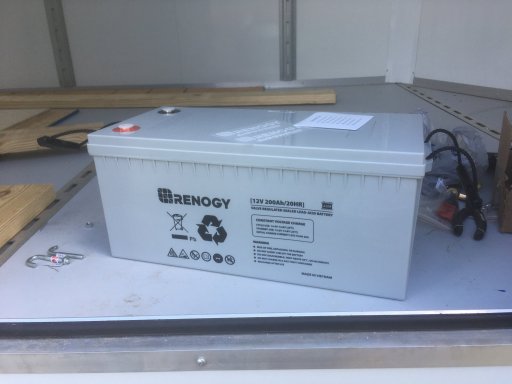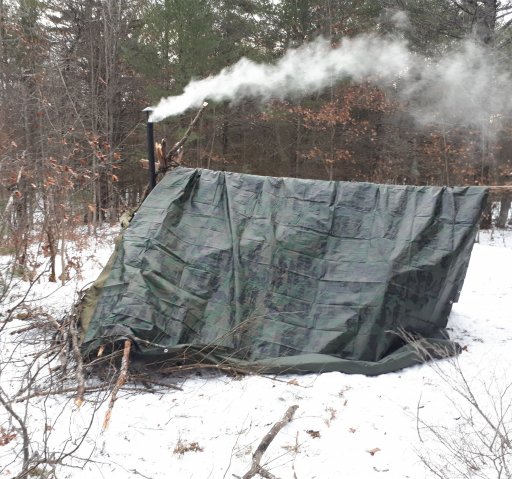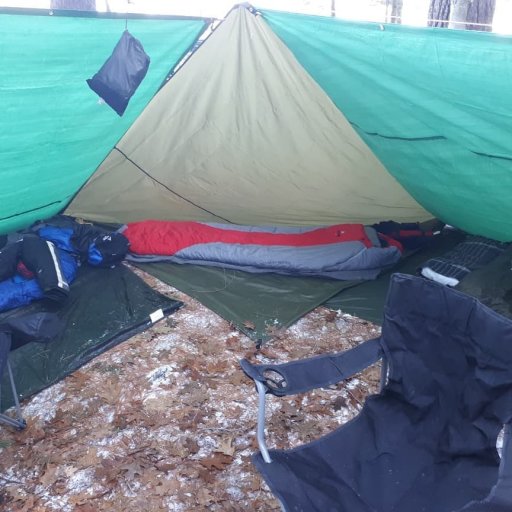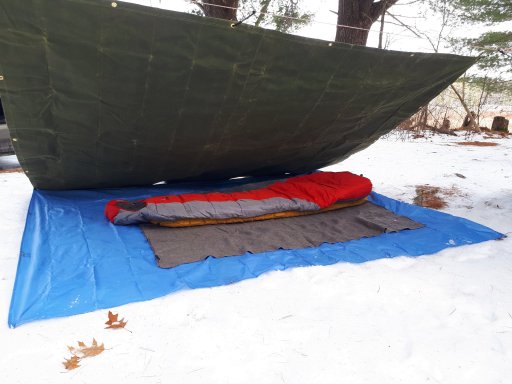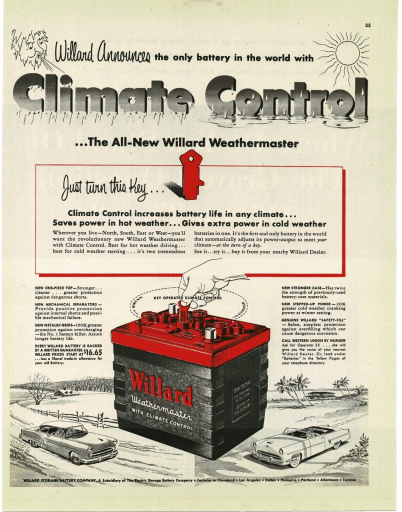I love all the input. Based on what I'm reading, I might add a small gas generator/inverter combo to the mix. It's pretty much the same price range as an additional 200ah bank, but may offer some additional benefit of providing charging/on demand power when solar is not the best charging option (cloudy day, night time)?
Just like in the world of batteries, there are options for generators. I ordered the components (cells and associated components) to build my 200ah bank. It cost @ $350 when completed. A significant savings over commercially available offerings but I dare say competitive in function. Probably saved 50% or more doing it that way. I also found a Champion 2500 Watt inverter/generator at a pawn shop (like new/used) for $300. New they are about $600. Still a bargain if you are in the market for a high end gas generator/inverter that can run upwards of $1500+ new.
If I had not found my generator when and for the price I paid, I would certainly had built a second battery bank. I run the same things many do- fridge, lights, CPAP, phone charging, etc. The 200ah bank I have works for me, as a bare minimum. One of my kids gifted me a Bluetti EB70 at Christmas last year. Now THAT is a super cool gift, but more importantly it showed me I did not NEED the power of another 200ah bank. It is a lot smaller (figuratively) than the diy bank, but nicely augments what I have and for what I need. I can charge either from the truck power while driving, from Solar when in camp during the day time or by the gas Genny if solar is not an option...
All this to say consider options like a generator, even if you are completely invested in the idea of solar. Like an old Drill Instructor used to say (scream) "Better to have it and not need it than need it and not have it"... Or maybe his was "Improvise, adapt and overcome ... Maggots!". Ha ha.
Good luck in your quest for power!





